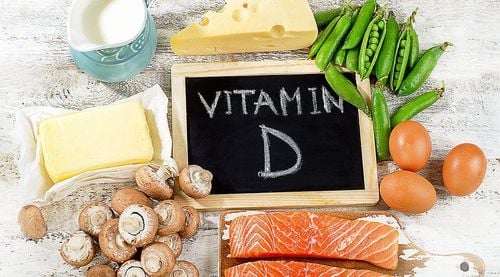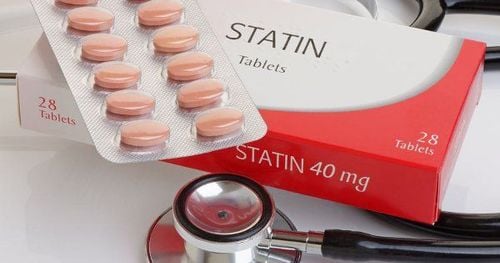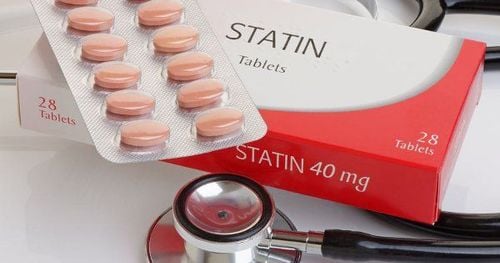This is an automatically translated article.
In addition to surgery, maintaining a healthy diet can also help treat heart failure.
1. Heart failure should eat what?
The American Heart Association (AHA) advises heart failure patients to maintain a diet rich in plant-based foods, such as:
Fruits and vegetables Beans and other legumes Nuts, whole grains Patients can also supplement essential nutrients from lean animals such as:
Seafood Low-fat dairy products Lean meat On the other hand, AHA also advises heart failure patients to limit eating red meat and sweets and foods high in saturated fat, trans fat, cholesterol, salt or refined sugar.
It is very important to reduce salt during heart failure treatment. Eating salt causes the body to retain water. Over time, fluid builds up in the body, increasing blood pressure and putting pressure on the heart. Salt makes the symptoms of heart failure worse, and in the long term also causes kidney damage.
To help manage heart failure, doctors encourage patients to follow a low-salt diet, limited to <2,000 mg per day for heart failure patients. The amount of this salt can vary based on the patient's condition and the type of heart failure.
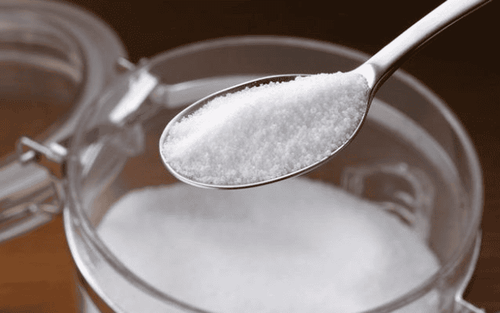
Hạn chế ăn muối giúp kiểm soát tình trạng suy tim hiệu quả
Natural salt is found in many foods such as: seafood, poultry, red meat, dairy products and plants. But the biggest source of salt is added to dishes during processing and processed foods.
To reduce the amount of salt in the diet, heart failure patients need to:
Limit the consumption of processed and prepackaged foods such as: cured meats, pasta, crackers and junk foods, .. Cut down on the amount of salt in dishes when processing. Instead, season foods with herbs or other low-salt ingredients. Limiting alcohol consumption is a way to help protect the heart and blood vessels. Alcohol abuse can increase your risk of heart attack, stroke, and other health problems.
In some cases, your doctor may encourage you to lose weight to help reduce stress on your heart. To lose weight, most people need to eat fewer calories.
2. Food is good for people with heart disease
Here are the foods that are good for heart failure patients:
2.1. Salmon Salmon is one of the top foods, as it is rich in omega-3 fatty acids. Omega-3 types have anti-clotting effects, keeping the blood circulating. At the same time, salmon also helps reduce triglycerides (a type of fat that can lead to heart disease).
The American Heart Association recommends eating fish twice a week. In addition, you can choose tuna, sardines, mackerel, .. instead.
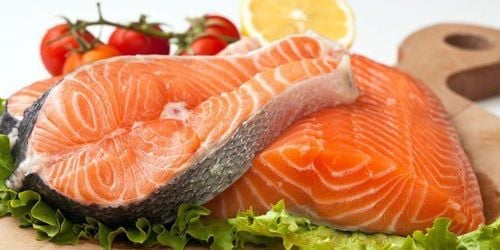
Thành phần omega-3 trong cá hồi giúp máu lưu thông hiệu quả
2.2. Walnuts Walnuts have a lot of good fats. When you use the monounsaturated fats in walnuts instead of saturated fats like butter, you cut bad cholesterol and increase good cholesterol.
Walnuts are also a good source of omega-3 fats. Other nuts with similar benefits are: almonds, cashews, flaxseeds and chia seeds.
2.3. Raspberries Berries in general and raspberries in particular contain polyphenols - antioxidants that help eliminate harmful free radicals in your body. These fruits also provide fiber and vitamin C, which reduce the risk of stroke.
2.4. Fat-free, low-fat milk or yogurt Dairy products are high in potassium, which lowers blood pressure. For good health, you should choose low-fat or sugar-free milk. In addition, patients can add fruits and vegetables that are also rich sources of potassium such as bananas, oranges and potatoes.
2.5. Chickpeas Green beans and other legumes are an excellent source of soluble fiber. This type of fiber can lower bad cholesterol. Other options like eggplant, okra, apples and pears are also good choices for providing soluble fiber.
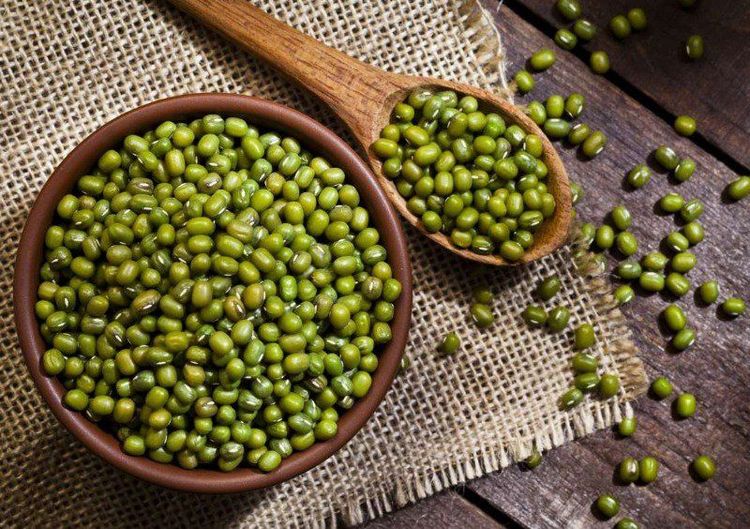
Đậu cung cấp nguồn chất xơ hòa tan giúp giảm cholesterol xấu hiệu quả
2.6. Oatmeal Porridge Oats have a type of fiber (called beta-glucan) that lowers bad cholesterol in the body.
2.7. Olive oil Olive oil is a great choice when you need to limit saturated fat (found in meat, whole milk, and butter). Fats from animal products and trans fats (partially hydrogenated oils) raise bad cholesterol and can cause fat to build up inside your arteries.
2.8. Dark Chocolate Chocolate is rich in flavanols, which help lower blood pressure and prevent blood clots. Chocolate also acts as an antioxidant.
2.9. Small red grapes contain resveratrol, which helps keep blood platelets from sticking together. That may explain why red wine may offer more cardiovascular health benefits than other types of wine. However, red wine should only be consumed within certain limits (1 glass for women, 2 glasses for men).
Reference source: healthline.com; webmd.com




